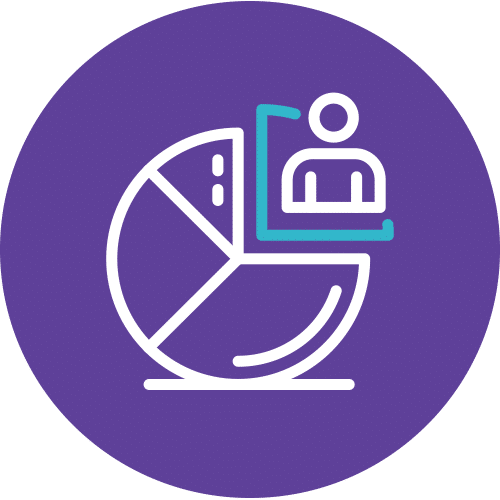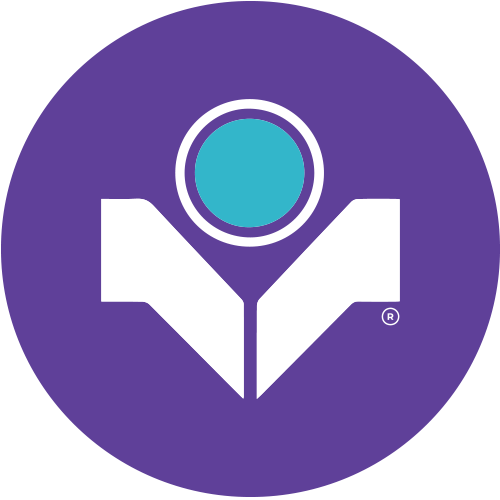Unleash Your Potential with PMI Risk Management
Are you ready to take your project management skills to the next level? Join our PMI-Risk Management Professional Workshop to master the art of PMI risk management. In this dynamic 5-day course, we’ll equip you with the knowledge and expertise to excel in the specialized field of project risk management.
Your Path to Success
PMI risk management is more than a skill; it’s a strategic advantage in the world of project management. Aspiring project managers and risk management specialists can benefit immensely from this program. With a strong foundation in project management and our comprehensive training, you’ll be well-prepared to obtain the coveted PMI Risk Management Professional certification.
What You'll Learn
Our workshop covers everything from risk identification and response strategies to risk governance and monitoring. You’ll not only understand the principles, concepts, and tools of risk management but also learn how to apply them to real-world project scenarios. This knowledge will not only enhance your career prospects but also empower you to tackle challenges and uncertainties in the corporate landscape.
Join us on this exciting journey of professional growth and become a master of PMI risk management. Your success story starts here!
Course Details
Duration: 5 Days; Instructor-led
Audience
Project managers that intend to apply for the PMI RIsk Management Professional – (PMI-RMPsm)®. The PMI-RMP demonstrates skill and competence in the specialized area of project risk management. If you’re looking to fill the risk management specialist role on your project team, hone your basic project management skills and showcase your specialized expertise to employers, the PMI-RMP credential is for you.
Prerequisites
To apply for the PMI-RMP, you need to have either:
- A four-year degree (bachelor’s or the global equivalent), with at least 3,000 hours of project risk management experience and 30 hours of project risk management education
- OR
- A secondary diploma (high school or the global equivalent) with at least 4,500 hours of project risk management experience and 40 hours of project risk management education
Methodology
This course is highly interactive and uses diverse teaching methods (lectures, self-assessments, group discussions, activities, and videos) to accommodate different learning styles This training will also leverage on participant’s personal life and work experiences.
Course Objectives
Upon completion of this program, participants should be able to :
- Prepare for obtaining the PMI Risk Management Professional certification
- Understand risk management principles concepts, processes, tools and techniques
- Identify the challenges of the risk management approach in project management
- Learn how to identify, analyze, respond and monitor the key project risks
- Implement a solid risk management methodology
- Learn how to adapt risk management proctices to specific project situations
Outlines
Module 1: Introduction
- Course content and agenda
- About the course materials
- About the certification
- About the PMI-RMP exam
Module 2: Risk Framework
- Risk, threat and opportunity
- Business risk vs pure risk
- The important of risk management
- Risk management and the uncertainty spectrum
- Micro vs macro risk management
- Risk anatomy
- Risk factors
- Risk and decision making
- Integrating risk management with project management knowledge areas
- Risk and the project life cycle
Module 3: Risk Management Planning
- Risk management plan
- Risk management methodology
- Risk management stakeholders
- Defining probabilities and impacts
- Using organizational process assets
- Risk categories
- Risk breakdown structure
- Risk tolerances
- Risk aversion
- Risk thresholds
Module 4: Risk Identification
- Identifying scope, time, resources and quality risks
- Risk register
- Root-cause analysis
- Checklists
- Brainstorming
- Affinity diagrams
- Expert judgement
- Building consensus through NGT and Delphi
- SWOT analysis
- Assumptions analysis
- Pre-morten
Module 5: Constraints Management
- The constraint concept
- Identifying project priorities
- Identifying and removing unnecessary scope
- Managing unknown risks
Module 6: Risk Qualitative Analysis
- Probability and impact assessment
- Risk matrix
- Risk score
- Project risk score
- Data quality
- Risk urgency
- Watchlist
- Top 10 list
- Risk categorization
- Human nature and bias
- Go-no-go decision
Module 7: Risk Quantitative Analysis
- Expected monetary value
- Decision tree
- Risk exposure
- Multi-impact risk
- Monte carlo analysis
- Sensitive analysis
- Tornado chart
- Risk exposure
Module 8: Risk Response
· Identifying risk causes
· Threats response strategies
· Opportunities response strategies
· Contingencies plans
· Fallback plans
· Triggers
· Residual risks
· Secondary risks
Module 9: Managing Overall Project Risk
· Overall project risk and its root-causes
· Project appraisals
· Risk indicators
· 6 alternatives to build the reserve
· Using the reserve
Module 10: Monitoring Risks
· Monitoring cycle
· Risk performance information
· Risk reporting
· Workaround
· Risk trends
· Risk audits
· Risk reassessments
· Risk closure
· Lessons learned
Module 11: Risk Governance
· Adapting to policies
· Metrics
· Lessons learned
Module 12: Reviewing PMBOK Knowledge Areas
- Project management framework
- Scope management
- Time management
- Costs management
- Human resources management
- Communications management
- Procurement management
- Stakeholders management
Module 13: Exam Simulation
- Exam simulation
- Exam analysis and diagnosis










